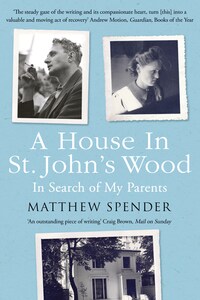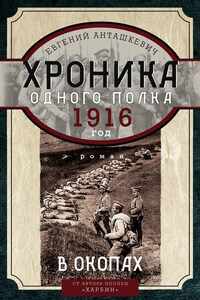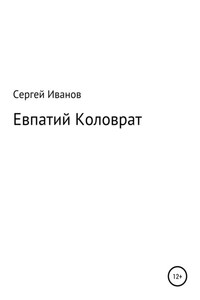My father and me in 1957.
William Collins
An imprint of HarperCollins Publishers
1 London Bridge Street
London SE1 9GF
www.WilliamCollinsBooks.com
First published in Great Britain by William Collins in 2015
Copyright © Matthew Spender 2015
Matthew Spender asserts the moral right to be identified as the author of this work.
A catalogue record for this book is available from the British Library.
Cover images © Lizzie and Matthew Spender Collection (photographs), except for (top left) by W. Eugene Smith/The LIFE Picture Collection/Getty Images; Shutterstock.com (background texture and picture frames)
All rights reserved under International and Pan-American Copyright Conventions. By payment of the required fees, you have been granted the non-exclusive, non-transferable right to access and read the text of this e-book on-screen. No part of this text may be reproduced, transmitted, down-loaded, decompiled, reverse engineered, or stored in or introduced into any information storage and retrieval system, in any form or by any means, whether electronic or mechanical, now known or hereinafter invented, without the express written permission of HarperCollins.
Source ISBN: 9780008132064
Ebook Edition © August 2015 ISBN: 9780008132071
Version: 2016-05-24
To my grandchildren: Cleopatra, Aeneas, Ondina and Marlon
MY MOTHER DIED on 21 October 2010, at eleven in the morning, in her bedroom on the top floor of 15 Loudoun Road, the rented house in St John’s Wood where she’d lived for the previous sixty-nine years. I heard the news on my cellphone driving along a back road in Tuscany. I rushed home, collected my passport and flew to London, where I arrived at about seven in the evening.
The house had been neglected since my father’s death in 1995. A large crack ran down the external wall to the right of the front door. Squirrels nested in the roof next to the water-tank, and they’d reopen their hole every time we patched it up. I’d offered to make major repairs on condition that I’d be reimbursed after her death, but the lawyer told me, ‘It won’t happen. Buy her an umbrella.’
Downstairs in my father’s study, my mother’s attempt to organize his papers had replaced the creative untidiness of work in progress with the sepulchral untidiness of boxes ready to be taken to an archive. In the music room her Steinway was shrouded and the scores were shelved. In her last years she’d actually forgotten how to play. The back door from the kitchen to the garden, squeezed by subsidence, had been planed so many times to make it fit the frame that it was no longer a rectangle. The house was a tomb long before her death added an aura of absence to the surreptitious creak of decay.
Her live-in minder had packed a rucksack and was waiting with her boyfriend in the hall. As I kissed her cheek, I smelled the excitement of a witness who’d seen someone die. I wondered if the experience was as thrilling as observing a birth.
My wife was waiting for me in the piano room. We phoned for the undertaker. Then I went upstairs to say my goodbyes. I took a sketch-pad with me to make some drawings of my mother as she lay there. I’d done the same with my father and it had been a fascinating experience, but this time it didn’t work. The drawings came out angrier and angrier. Was this my feeling, or hers? She herself just looked exhausted. The anger was in the drawings.
By her bedside lamp lay a curl of papers. In a desultory way I straightened them out. They were documents designed to exclude me from my father’s literary inheritance. A covering letter showed that she’d arranged to sign these in front of the lawyer a few days later.
She’d been talking about this for years and I’d always told her she should do whatever she thought best. Would she or wouldn’t she? There was an element of sadism in my detachment. In the background lay a battlefield. She knew I disagreed with her interpretation of my father’s life. To her, he’d always been a pillar of integrity, and anyone who questioned this was despicable. I agreed about his integrity, but everything else about my father’s life made me want to qualify her pure idea of him with the confusion of reality.








